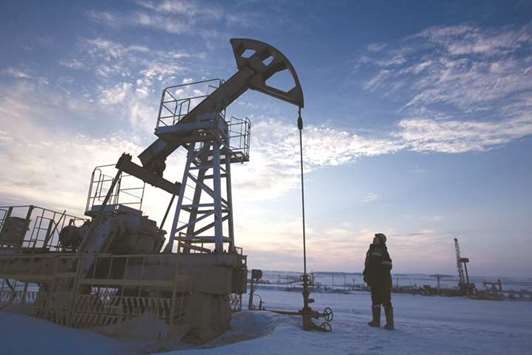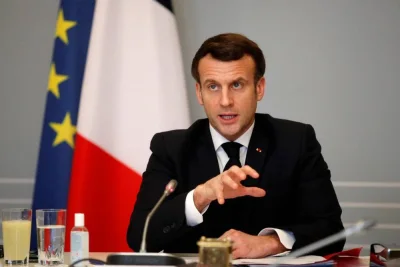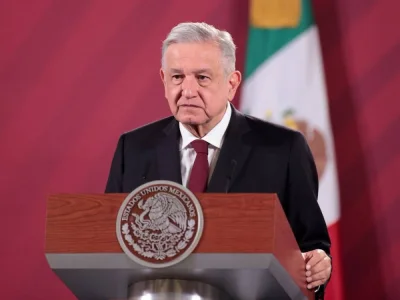Russia should lock in future oil revenues using financial instruments, according to Goldman Sachs Group Inc, which helped devise a similar strategy for Mexico that has become the largest hedging programme in the oil market.
Oil producers are confronting increasing risks from cyclical moves in prices, giving nations like Russia and even Saudi Arabia – the world’s top two oil exporters – greater incentive to protect their revenues, said Jeff Currie, the bank’s head of commodities research.
Goldman is seeking to rehabilitate its commodities division following its worst performance on record. Russia’s Deputy Finance Minister Vladimir Kolychev responded in an interview that there’s no need for Russia to start hedging, as the country’s rule of restricting budgetary spending to a particular oil price performs the same role.
Oil prices remain below $50 a barrel in New York amid a three-year slump that’s battered the economies of producers around the world.
“Countries like Russia should be hedging,” Currie said at the Moscow Financial Forum. “The ability for producers like Russia, Saudi Arabia, Mexico, the other sovereigns out there to be able to execute programmes in the current environment is very much a realistic possibility.”
Goldman is aiming to lure new clients to revive its commodities business after a bout of losing trades dented earnings, people familiar with the matter said last month.
Commodities revenue at major banks plunged to an 11-year low in the first half amid regulatory scrutiny, low volatility, curbs on proprietary trading and diminished investment from hedge funds, according to consultant Coalition Development.
For oil producers, “cyclical risk is increasingly getting greater in the current environment, so we have been very much an advocate of using hedging as a way to manage this type of risk,” Currie said.
Mexico began to hedge its oil output in 2001 to ensure that revenues cover its domestic spending needs. Using a range of banks including Goldman, JPMorgan Chase & Co, Morgan Stanley, Barclays Plc, Citigroup Inc and BNP Paribas SA, the precaution has proven successful, earning the Latin American country $5bn during the 2009 financial crisis.
Russia, which has reduced its output in an agreement with Opec to try and end a global glut, should consider increasing again as the deal has had limited success, Currie said. Oil prices have been so stabilised by the growth of US shale oil that extra supply from Russia would have little effect, he said.
Shale “creates a competitive environment in which we are likely to have very small margins in the industry, but also relatively low volatility,” said Currie. Russia “growing production won’t really put that much downward pressure on prices.”

A worker inspects a pumping jack during oil drilling operations in an oilfield operated by Bashneft in Russia. Countries like Russia should lock in future oil revenues using financial instruments, according to Goldman Sachs.


